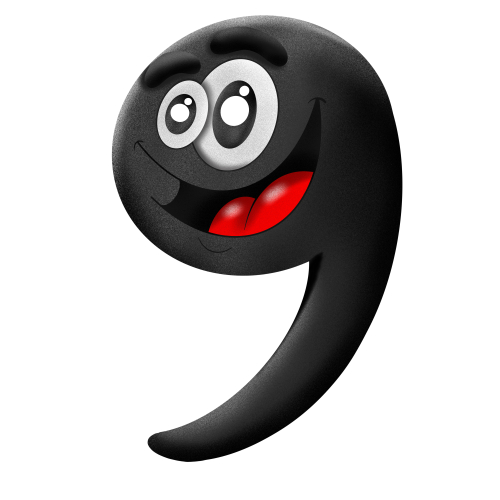Even if your copy is on message and reads well, small errors can sink you.
Every month, our team — led by proofreader Sarah Muench — shares a proofreading tip or two to help you strengthen your content, one detail at a time.
TIP: When to Use “Me” vs. “I”
Is it “Mike and me” or “Mike and I”? Well, it depends on how you and Mike are involved. If you and Mike are the subject of the sentence, then you should use “I.” If [...]
TIP: Ending Sentences with Prepositions
Your third-grade English teacher was wrong. It is OK to end a sentence with a preposition. Really. Oxford Dictionaries says so (even though some of AVC’s own favorite proofreaders aren’t down with this). This “rule” [...]
TIP: Comprise vs. Compose
It's something we often skip over when reading — comprise/compose. Is there really a difference? Does it really matter that much which one we use? Actually, it does. When your audience knows the difference [...]
TIP: Can’t I Just Say “They”?
Until English speakers adopt a gender-neutral pronoun, we’re stuck typing out “he or she” and “his or her” to be inclusive. But that can get super clunky. Fortunately, AP says it’s OK to use “they” [...]
TIP: Commas in Compound Sentences
Commas. Some people love them; some people hate them. But no matter which way you lean, you will need to deal with them in your copy. One of those important instances involves compound sentences and [...]
TIP: How to Punctuate Quotations
Have you ever quoted something or someone, neared the end of that quote or sentence and begrudgingly put a period or exclamation point inside or outside the quotation mark, not really knowing whether it's [...]
TIP: How to Use Apostrophes
Let's talk about apostrophes. Specifically, let's talk about apostrophes used to replace numbers or letters. Sometimes these come in the form of contractions like don't, can't and won't. Other times we replace numbers: I was born [...]
TIP: Cue vs. Queue
A “cue” refers to either a signal or a billiards stick, whereas a “queue” is a line. Nick jumped right on cue when he saw the spider. Cue the music; the parade is starting. Having [...]
Lie vs. lay
Don't lie to yourself. This grammar rule can sometimes be so confusing it makes you want to lay the rule book down and walk away or just lie down altogether. First, let's forget about the [...]
TIP: Compound Subjects Take a Plural Verb
When two or more subjects are joined with the word “and,” use a plural verb. But when one subject is the main focus and a second subject is just tagging along, use a singular verb. [...]










